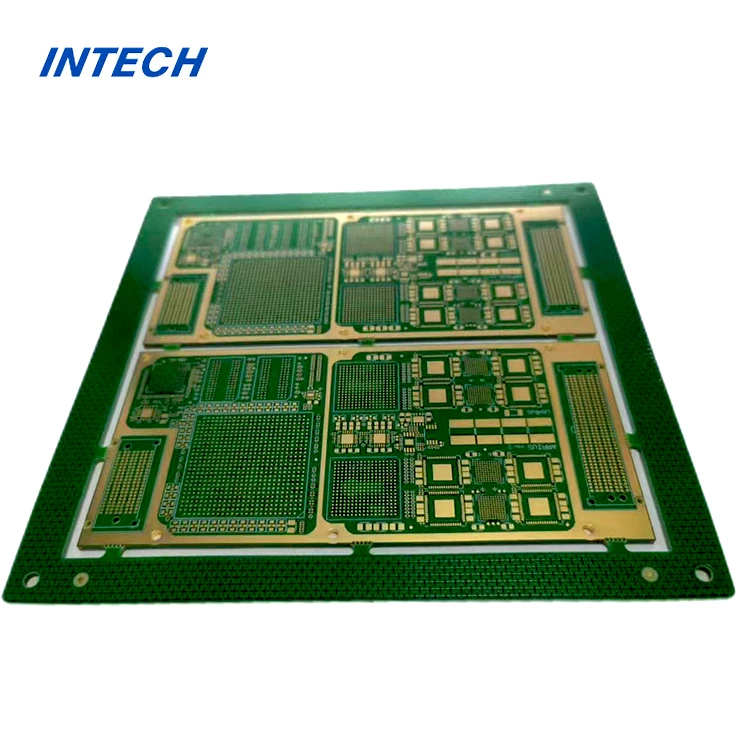What are the uses of rigid PCB?
Date:2023-07-05 17:13:21
The Versatile Nature of Rigid PCBs for Modern Electronic Industries
The world of electronics constantly evolves, and as technology progresses, so does the need for more advanced circuitry. One crucial component that has become increasingly popular and essential is the rigid printed circuit board (PCB). Rigid PCBs have numerous advantages and a wide range of applications that have revolutionized various industries.

1. Consumer Electronics
The consumer electronics industry heavily relies on rigid PCBs due to their durability, reliability, and compact design. Devices such as smartphones, tablets, televisions, and gaming consoles utilize rigid PCBs to provide high-performance functionality. These circuits facilitate the seamless integration of components, ensuring efficient operation and improved user experience.
2. Automotive Industry
In the automotive industry, rigid PCBs play a vital role in ensuring the reliable performance of various electronic systems. These boards are used in engine control units, GPS systems, entertainment systems, and braking systems. Rigid PCBs withstand high temperatures, vibrations, and shocks, making them suitable for harsh automotive environments.
3. Industrial Automation
Industrial automation relies on rigid PCBs for the control and monitoring of operations. Printed circuit boards are used in programmable logic controllers (PLCs), motor drives, robotics, and sensors. Their compact size and high-density routing capabilities enable efficient processes and enhance productivity in factories.
4. Medical Equipment
Rigid PCBs are widely used in the medical sector for various diagnostic and treatment devices. Equipment such as ultrasound machines, patient monitors, and medical imaging systems require dependable circuitry to ensure accurate results and patient safety. Rigid PCBs offer excellent signal performance, allowing for precise data transmission within medical equipment.
5. Aerospace and Defense
The aerospace and defense industry relies on rigid PCBs for critical applications, as they are designed to withstand extreme conditions. These boards are used in satellite systems, communication devices, aircraft navigation systems, and missile guidance systems. Rigid PCBs ensure uninterrupted communication and functioning in demanding environments.
In conclusion, rigid PCBs have become an integral part of modern electronics across various industries. Their compact design, durability, and reliable performance make them indispensable for consumer electronics, automotive applications, industrial automation, medical equipment, and aerospace and defense systems.
